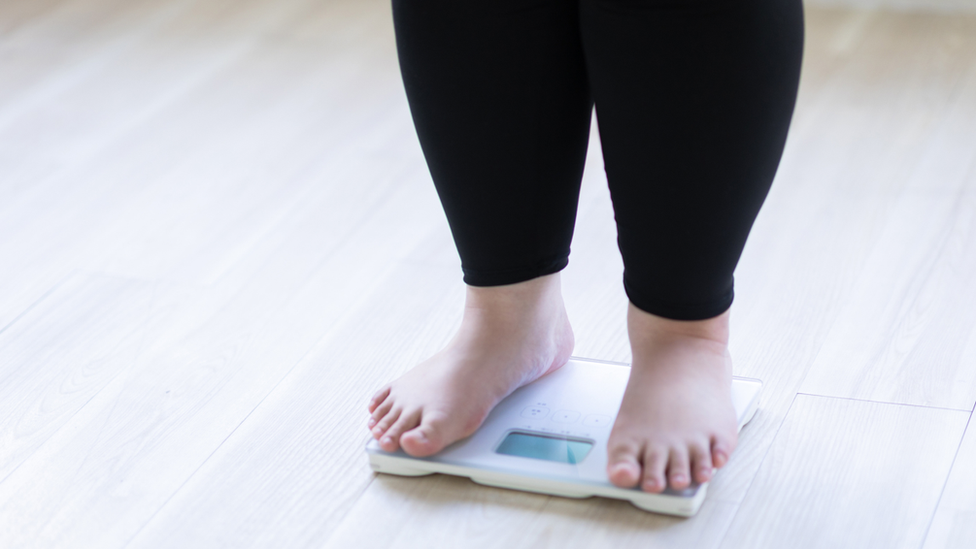Newspaper headlines: 'I lied' admits Mone and 'Israel risks breaking law'
- Published


Baroness Mone, who was interviewed alongside husband Doug Barrowman, founded lingerie business Ultimo
The former Defence Secretary Ben Wallace has written in the Daily Telegraph, external that Israel risks losing its legal and moral authority for its war in Gaza, with what he calls a "killing rage" against the Palestinian people.
Mr Wallace describes Israeli tactics as crude and indiscriminate, and warns that they will fuel the conflict for another 50 years by radicalising Muslims across the world. In his article, he "unequivocally" condemns the violence by Hamas on the 7 October and says he is not calling for an immediate ceasefire.
But he urges Israel to learn from the British experience in Northern Ireland, which proved he says "that as sure as night follows day, history shows us that radicalisation follows oppression".
The Guardian , externaland the i, external both lead with Baroness Mone's admission to the BBC that she lied about having any involvement with the firm set up by her husband to supply medical equipment during the pandemic. In the view of the Daily Express she did a "Prince Andrew" in a "car crash interview" with Laura Kuenssberg.
The Times reports that 3,000 hospital admissions a day, external are linked to obesity. It says that the figure - from the NHS - has doubled in six years.
The issue is "exacerbating illness" or "complicating the treatment" of people ranging from expectant mothers to patients with arthritis and cancer.
It reports too that more than 20 children a day are admitted to hospital because of obesity - a figure that has doubled in recent years - and that people in poorer areas are more than twice as likely to be admitted than those in the richest areas.
BT and other Telecoms companies have been ordered to stop forcing elderly people to have digital phone lines installed after "serious incidents" where power and internet outages caused pensioners' telecare devices to fail, according to the Telegraph.
The paper says it is estimated that 1.8 million people in the UK use the devices to call for urgent medical help in a health emergency or after a fall. BT and Virgin Media have both confirmed that they have paused the rollout of their digital lines in response, according to the paper.

The Times reports the number of hospital admissions linked to obesity have doubled in six years
A drug hailed as "game changing" that prevents hot flushes and could benefit hundreds of thousands of women has been approved for use in the UK, says the Guardian, external.
The paper reports that about 70% of women going through menopause experience hot flushes with as many as one in five describing them as "near intolerable".
The drug called Veoza is prescription only and will be available privately from early January, the paper reports. But the company that makes it, Astellas, has begun applying to the National Institute for Health and Care Excellence to enable women to access it on the NHS.